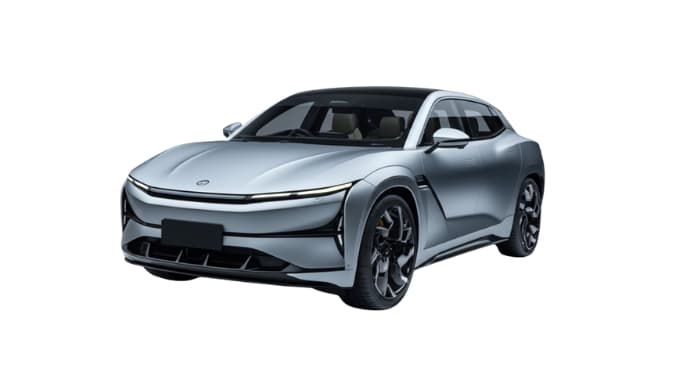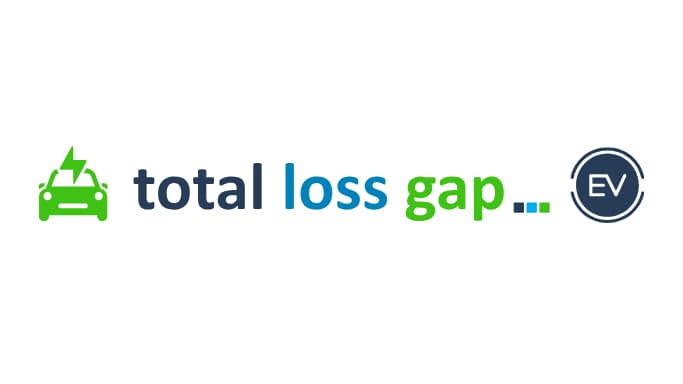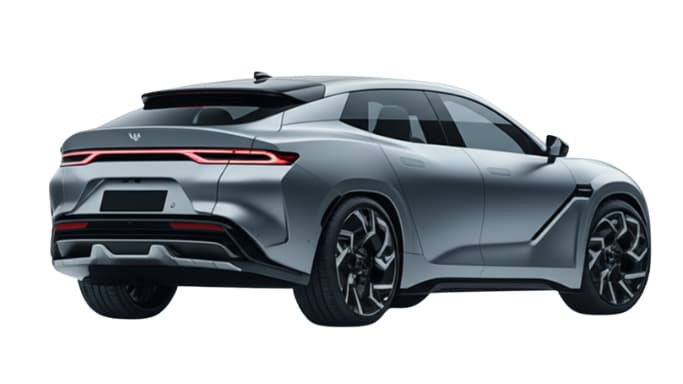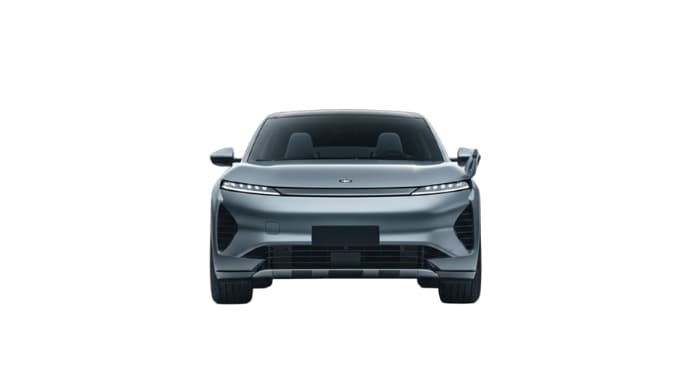Call Monday-Friday 9am - 6pm Closed Saturday & Sunday



[ Contact Us ]
Need Help? Calling from a mobile please call 0151 647 7556
0800 195 4926Do you have a question? or need help?
Call Monday-Friday 9am - 6pm Closed Saturday & Sunday,
If you own a car in the UK, you may have heard of the upcoming ban on ICE (Internal Combustion Engine) cars. This means the traditional petrol and diesel-powered vehicles we have been driving for decades will no longer be available as a new car option.
The actual date when this is due to happen has changed since the 'ban' was first proposed. The previous ruling government in the UK moved 2030 back to 2035. The new government has brought the date back to 2030, albeit with a consultation with the automotive industry.
One thing is for sure, the intention is that the new sales of petrol and diesel engine vehicles will come to an end soon.
As we move away from combustion engine-powered vehicles to electrically powered ones, the questions we would like to ask is
Do electric vehicles still need GAP Insurance?
Is there a difference between GAP Insurance for petrol, diesel and electric cars?
Here, we will look to provide the answers to these and more on the subject of Guaranteed Asset Protection for EVs. 
All vehicles lose value, some quicker than others. If you are concerned about the financial position you could be left in if you saw your vehicle written off or stolen, GAP Insurance for your electric vehicle could be the answer.
If your settlement from your comprehensive car insurance policy only provides a market value figure (the car's current market value as a replacement at the time you claim), where may this leave you? Would the car insurance payout be enough to clear any outstanding finance?
EV GAP Insurance cover can help prevent a financial shortfall in this circumstance. Depending on which type of GAP Insurance for your electric car, the way it can protect you can be different.
The options are:
It can cover the difference between the settlement from your comprehensive motor insurance policy, if the vehicle is written off or stolen, and the invoice price you originally paid for the electric vehicle.
This is good for HP, PCP or cash purchases where you are happy to protect the price you originally paid.
This type of EV GAP Insurance can cover the difference between the settlement provided by the comprehensive insurance and the higher of either the original price paid or the cost of the equivalent replacement vehicle, which would be the exact car you first bought. So, if the electric vehicle was a new car when you purchased it, then the cost of the same new car at the time you claim, even if that has increased.
Effectively, if the cost of the replacement car has increased from the price you paid, then Vehicle Replacement GAP can pay out more than Invoice GAP on its own.
Potentially the most comprehensive level of EV GAP Insurance.
This type of EV GAP Insurance is specifically designed for vehicles secured via a lease agreement where you have no option to own the car written in. Your lease finance agreement is essentially a fixed-term rental hire. The leasing company owns the vehicle and you must return it to them at the end.
In this agreement, you cannot protect the invoice price or replacement cost as you cannot own the vehicle. However, you have the lease settlement to look after if the car is written off.
Your motor insurer will typically only cover the market value of the vehicle. This may not be enough to pay off the lease agreement settlement to the finance company.
So Lease & Contract Hire EV GAP Insurance policy can cover the financial gap between the motor insurer settlement and the outstanding finance settlement on the lease.
In addition, if you have put down a large advanced rental (this is the first payment, normally a multiple of months) then you can cover this as an optional extra. Deposit protection means you can claim back the initial rental, up to £3,000, to use as a deposit for your replacement vehicle as part of your GAP Insurance claim.
Lease GAP can be confused with Finance GAP Insurance cover but they can be quite different. Finance GAP cover is normally for HP or PCP shortfalls but is rarely sold these days as a return to invoice cover can be much more comprehensive and around the same costs. 
There are some hot topics that surround electric vehicles in general, that are relevant to the discussion about GAP Insurance for electric cars.
One of the key ones is the debate on depreciation of EVs. Depreciation coupled with a concern that the vehicle could be written off or stolen, is the main reason people look at GAP Insurance to protect their investment.
Of course, all cars lose value from when they are new. Some claim that EVs lose value quicker than others. However, there could be some quite valid reasons for this that may be less of a concern long term.
Electric vehicles are evolving all the time. For example, the expected range (the distance an EV can cover on a full charge) is increasing. In a recent article, data from the US showed that the median range for an EV in 2014 was just 84 miles. In 2024 this figure increased to 283 miles, show the progress in a decade saw the maximum range more than triple.
A drop in market value of a used EV, with the lower range, may see a more rapid depreciation. This may mean people would look to a newer model than can travel further on a full charge.
Another factor to consider is that EVs are beginning to sell in greater numbers. A number of reports suggest that new EV sales are on the increase. The availability and choice of EVs in the market can mean that discounts may be more readily available.
There may also be grants or other incentives that provide better deals on new cars.
There have been several reports in the motoring press that EVs may not hold their value as well as combustion engine cars generally. However, the gap between the two sectors may narrow as the used EV market matures.
However, this is not the only aspect that can impact the GAP Insurance cost for an EV.

This is not because of any safety flaw in the car's production; it is because even minor damage can make it uneconomic to repair.
Even though electric cars have fewer moving parts, in theory, fewer components can wear out.
However, one area that can see higher replacement costs is the battery on an EV.
According to Book My Garage (Prices taken 08/01/2024), here are some typical replacement battery costs.
£8,125.80 to buy a battery for Audi Q4 E-Tron
£9,430.80 to buy a battery for a Mercedes-Benz ESQ
£7,134 to buy a battery for a Tesla Model Y
£7,830 to buy a battery for a Vauxhall Movano Electric
£7,134 to buy a battery for a Volkswagen ID5
£5,637.60 to buy a battery for a Kia e-Niro
£5,063.40 to buy a battery for a Hyundai Ioniq 5
£5,307 to buy a battery for a MG5 EV
The most expensive we could find was a Mercedes-Benz EQS at an eye-watering £10,440.
The cheapest was the BMW Mini electric, £2,836.20.
The price shown does not include the removal and environmental disposal of your old battery or the fitting of the new replacement.
So, if your EV is involved in a shunt and the battery needs replacing, the cost can raise the looming spectre of the car being written off rather than repaired.
However, to counter that concern, data from CAP HPI indicates that EV vehicles are written off less frequently than ICE vehicles.
So, in summary, your EV may be less likely to be written off. But if it is, it is likely to see a bigger GAP Insurance claim than a typical petrol or diesel car.
As more EVs are bought, this provides more data and claims for underwriters at our insurance providers to examine. Given that EVs depreciate slightly more quickly than petrol and diesel cars at the moment, we are finding that GAP Insurers can rate the risk slightly higher.
This can be reflected in slightly higher GAP Insurance rates for electric vehicles at the time of writing (March 2025). Of course, this is subject to change should the market change.
There are several factors to consider in this question, and, ultimately, the answer can differ for everyone. Your car insurance company will provide standard comprehensive cover for your electric car. This typically means that if the vehicle is written off or stolen, then the insurer pays you the settlement equivalent to the current value of the vehicle (often based on the Glass's Guide retail value) at the time of your claim.
This may not provide you with enough to replace the vehicle with the same standard of electric vehicle you first bought, or to pay off any car loan or lease agreement.
In short, you could be left severely out of pocket without a GAP policy.
It should also be mentioned that GAP cover is not a legal requirement on UK roads, but it can be a smart investment. You should also find cover from the Financial Ombudsman Service and Financial Services Compensation Scheme if anything goes wrong.
Here are some of the most common questions regarding GAP Insurance for EVs. For a more comprehensive list, please try our Guide to GAP Insurance. 
GAP Insurance (also known as Guaranteed asset protection) is a supplementary insurance policy that can add an additional settlement if your electric vehicle is stolen or written off after a fire, flood, accident or theft. If you motor insurer pays you the market value in a total loss claim, a GAP Insurance claim can add to that figure.
You can protect back to the invoice price you first paid, the replacement cost of a new vehicle (or used if you first bought a used EV) or the lease settlement. It depends on which type of GAP Insurance cover you have.
There are some reports that EVs do suffer with a higher depreciation currently, when compared to petrol of diesel vehicles. However, nearly every car will suffer depreciation to some degree.
However, there is also data to suggest that EVs are less likely to be written off by your car insurance provider.
So you may be less likely to claim on a GAP Insurance policy with an EV currently, but if you do then a slightly higher depreciation could see a bigger claim on the GAP cover.
In general terms a GAP Insurance policy can help cover your finances, protect against negative equity and provide peace of mind if your electric car is written off. You do not have to have it, but many do for the reasons outlined.
Some motor insurers do provide, as part of their car insurance terms, the option to provide a brand new replacement electric vehicle instead of a market value settlement, should they write off the vehicle.
If this is the case, then do you need GAP cover for your EV at all?
There are a few factors to consider.
Firstly, not all motor insurers will offer new car replacement cover. Even when they do there may be terms and conditions in place that may prevent you from being supplied with a new vehicle as a replacement. Examples may be where the car has been stolen with your contributory negligence or where there is a finance agreement in place. All insurers terms may be different.
However, if your motor insurance provides a 'new for old' replacement cover that you are happy with, what are your GAP Insurance options?
With Total Loss GAP, you can defer the start date of your GAP Insurance policy up to 12 months after you buy your car. This means you can use the first year of your motor insurance with the new car replacement cover and then start the GAP cover at a later date.
You can take out the GAP protection from the start of your ownership. This may seem to provide 'double cover' in year one, but if your total loss claim with your car insurance provider does not qualify for new car replacement then you have your GAP to fall back on.